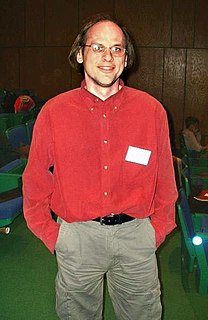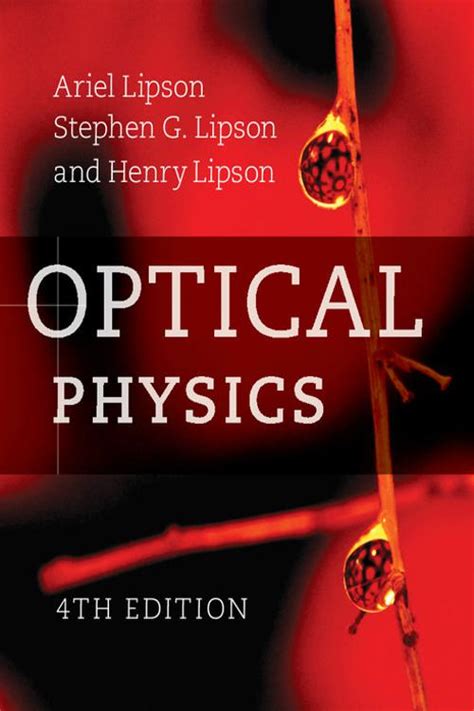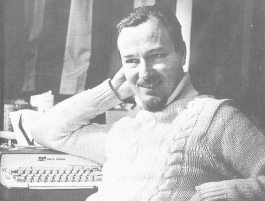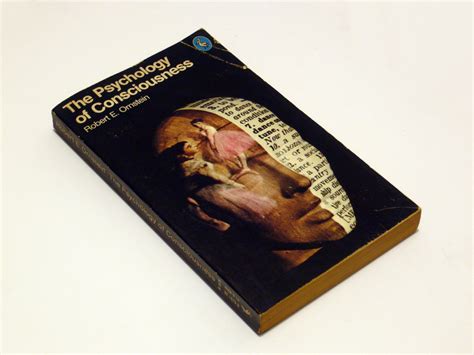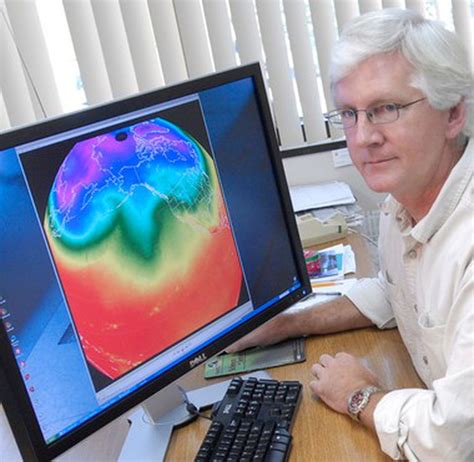A Quote by Peter Lilley
For a theory to be scientific it must be capable of being refuted by the evidence. Given that we have had three decades of rising temperature followed by a decade of stable and slightly falling temperatures worldwide, how many decades would you require before you are convinced that the theory on which you are committing £400bn of taxpayers' money might be slightly wrong?
Related Quotes
One problem of the String Theory is that it's kind of a theory which can explain what the problems are, but the problems are such that you can't even pin it down and say this is exactly what it predicts, so lets go out and test it. So, it's not even capable of being wrong, or being falsified, or being showed to be wrong.
People sometimes try to score debating points by saying, Evolution is only a theory. That is correct, but it's important to understand what that means. It is also only a theory that the world goes round the Sun - it's just a theory for which there is an immense amount of evidence. There are many scientific theories that are in doubt. Even within evolution, there is some room for controversy. But that we are cousins of apes and jackals and starfish, let's say, that is a fact in the ordinary sense of the word.
I have always been slightly suspicious of the theory of evolution because of its ability to account for any property of living beings (the long neck of the giraffe, for example). I have therefore tried to see whether biological discoveries over the last thirty years or so fit in with Darwin's theory. I do not think that they do. To my mind, the theory does not stand up at all.
Well, it [evolution] is a theory, it is a scientific theory only, and it has in recent years been challenged in the world of science and is not yet believed in the scientific community to be as infallible as it once was believed. But if it was going to be taught in the schools, then I think that also the biblical theory of creation, which is not a theory but the biblical story of creation, should also be taught.
If we are uncritical we shall always find what we want: we shall look for, and find, confirmations, and we shall look away from, and not see, whatever might be dangerous to our pet theories. In this way it is only too easy to obtain what appears to be overwhelming evidence in favor of a theory which, if approached critically, would have been refuted.
In college, in the early 1950s, I began to learn a little about how science works, the secrets of its great success, how rigorous the standards of evidence must be if we are really to know something is true, how many false starts and dead ends have plagued human thinking, how our biases can colour our interpretation of evidence, and how often belief systems widely held and supported by the political, religious and academic hierarchies turn out to be not just slightly in error, but grotesquely wrong.
There is the theory that all the living forms in the world have arisen from a single source which itself came from an inorganic form. This theory can be called the 'general theory of evolution,' and the evidence which supports this is not sufficiently strong to allow us to consider it as anything more than a working hypothesis.

